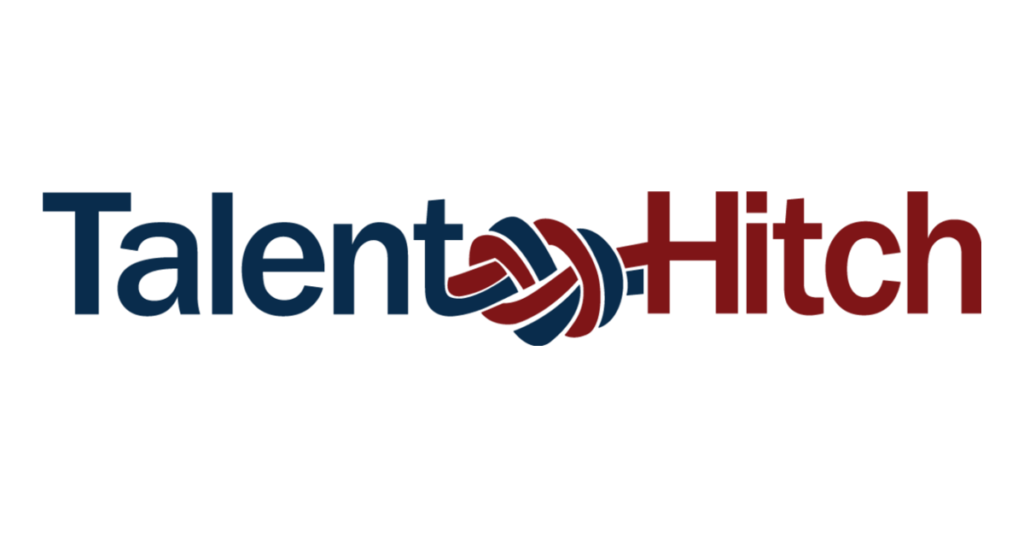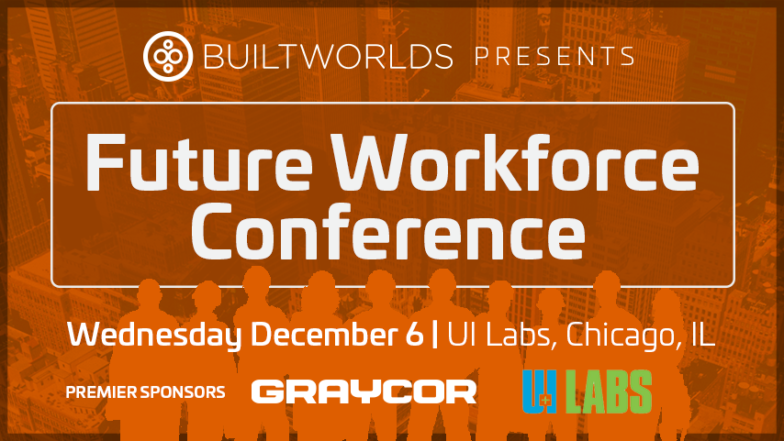
When the Great Recession cratered the U.S. economy in the fall of 2008, it was a wake-up call to which many construction companies were unable to respond. Family-owned Blinderman Construction, a general contractor serving government clients, fared better than most, but it, too, realized that the time had come for a major strategic shift.
“That whole experience made us take stock,” says Christine Blevins, Blinderman’s VP of Marketing Communications. “The public sector that we were in then was fine, but the private sector had dried up. So our competition really increased dramatically. For instance, instead of being one of just five contractors bidding a project, we were suddenly competing with 25 firms.”
 So Blinderman gained a new appreciation of being nimble as a business and diversified across multiple markets. Feeling as if it had dodged a bullet, the 30-person firm committed itself to self-examination, forming an internal strategic planning committee and hiring an outside consultant in 2011 to lead the journey.
So Blinderman gained a new appreciation of being nimble as a business and diversified across multiple markets. Feeling as if it had dodged a bullet, the 30-person firm committed itself to self-examination, forming an internal strategic planning committee and hiring an outside consultant in 2011 to lead the journey.
“We all soon came to realize that it was our culture that was holding us back and keeping us from growing,” recalls Blevins. “We also saw that even though we loved making our customers happy, we had dedicated ourselves to the public market, where only the lowest bidder is rewarded.”
So, by law, customer loyalty cannot be a factor in the public market. Which is why Blinderman has since committed itself to more and more private sector work, building hotels, healthcare facilities, retail stores, etc. “We’re about 60-40 now in our public-private split,” adds Blevins. “We’re really a completely different company now than we were five years ago.”
Mindset versus skill set
 Blinderman credits Talent Hitch greatly for helping the contractor to make that transition. “We are roughly the same size now that we were then, but working with (Talent Hitch CEO) Kyle Jacobson, we have added seven or eight new hires that fit the new culture that we wanted to create,” she says.
Blinderman credits Talent Hitch greatly for helping the contractor to make that transition. “We are roughly the same size now that we were then, but working with (Talent Hitch CEO) Kyle Jacobson, we have added seven or eight new hires that fit the new culture that we wanted to create,” she says.
“We had tried ‘regular’ recruiters, but they often brought us candidates that just wasted our time,” Blevins explains. “Recruiters like that can torture you. We don’t have a human resources department, so we are a lean company. And we don’t have the time to waste on candidates who are not a good fit.”
By that, she now means a “cultural fit.” Plenty of candidates for jobs like project managers have the right skill set, but Blinderman now is looking for the right mindset. And that is where Talent Hitch has been enormously helpful, she says.
“We connected with Blinderman right from the start,” recalls Jacobson. “And our relationship has only gotten better. Now, we intuitively know the type of person they are looking for, so we only bring them those kinds of candidates. It saves them time, and us, as well. Definitely a win-win.”
“One of our favorite quotes out there is ‘Culture eats strategy for breakfast’,” says Blevins. “And that is so true. So, to make culture a priority, (Blinderman CFO) Tom White and I conduct all the first round of interviews with every candidate we get. We don’t even talk about construction. If they get past us, then we send them to the managers with more technical expertise who they would be working for directly.”

Blinderman now is most interested in hiring people who are engaged creatively by their work and enthused about advancing not just their careers, but their colleagues, as well. The consultant had helped them develop a list of criteria that Talent Hitch is now well aware of, too.
“We have five prized qualities that we look for in candidates: Urgency; Accountability; Innovation; Enterprising; and Talent-centric,” adds Blevins. “That last one was so important to us that we even invented a word for it,” she jokes.
In fact, the “talent-centric” attribute was initially dismissed as the least important in the group, but then Blinderman leadership realized it was actually the key to everything else. “If you care about developing the talent level all around you, then that can have the biggest impact of all.”
Indeed, Talent Hitch and Blinderman have been in agreement on that point almost from Day One. And that shared mindset ensures that the two firms will continue to work together for many days to come.
This article was sponsored by Talent Hitch.


Discussion
Be the first to leave a comment.
You must be a member of the BuiltWorlds community to join the discussion.